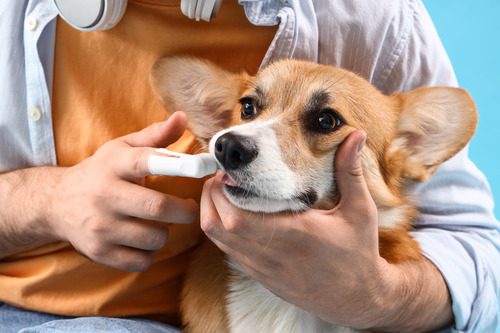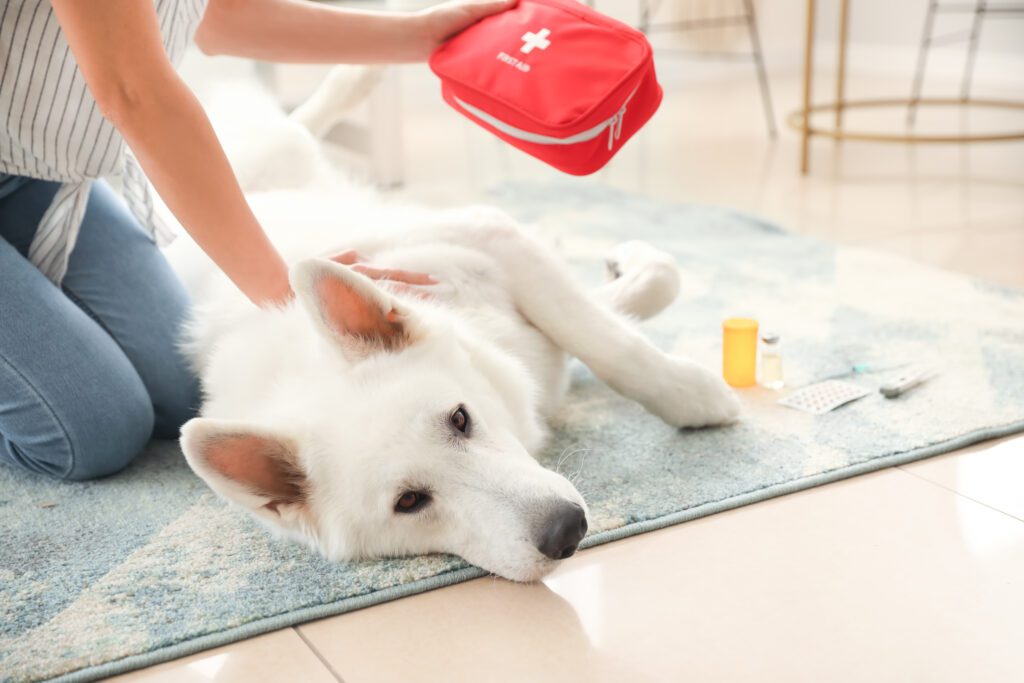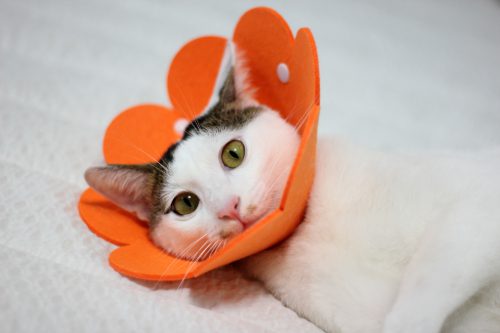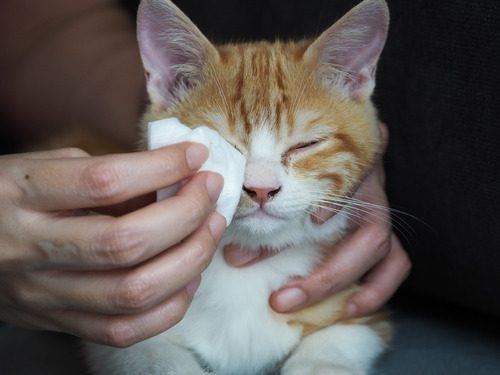Cat & Dog Teeth Brushing Tips
Good dental care is essential for your pets, just like it is for you. Regularly brushing your dog and cat’s teeth can prevent a host of dental diseases and help maintain their overall health. In this blog, we will explore effective cat and dog teeth brushing tips that can help keep your furry friends’ smiles bright and healthy. If you have any questions or need further assistance, call Cornerstone Veterinary Hospital of Clifton Park at (518) 383-6254.

Understanding the Importance of Dental Health in Pets
Dental health is more than just about avoiding bad breath; it plays a crucial role in your pet’s overall well-being. Periodontal disease is exceedingly common in both dogs and cats, and without proper dental care, your pet could experience discomfort, tooth loss, and more serious health issues. Starting a dental hygiene routine early in life can help mitigate these risks and lead to a longer, healthier life for your pet.
How Dental Problems Can Affect Overall Health
Poor dental health in pets can lead to more than just tooth decay and gum disease. It can also introduce bacteria into the bloodstream, which can affect the heart, liver, and kidneys. This makes regular dental care an essential part of your pet’s health regimen.
Preparing to Brush Your Pet’s Teeth
Before diving straight into brushing, it’s important to make this a positive experience for your pet. Start by choosing a quiet time and place, and have the right tools on hand, such as pet-specific toothpaste and a suitable toothbrush. Never use human toothpaste, as it can be harmful to your pets.
Choosing the Right Toothbrush and Toothpaste
There are various types of toothbrushes available for pets, including finger brushes and those with angled handles. Soft bristles are usually best. For toothpaste, look for veterinary-approved brands that come in flavors appealing to pets like poultry or seafood.
The Step-by-Step Guide to Brushing Your Pet’s Teeth
Brushing your pet’s teeth might seem daunting at first, but with patience and practice, it can become a routine part of your pet’s care. Start by letting your pet taste the toothpaste and gradually introduce the brush. Gently lift their lips to brush the outside surfaces of their teeth using circular motions, focusing on one quadrant of the mouth at a time.
Making It a Positive Experience
Always use gentle strokes and offer plenty of praise and treats during and after brushing to make it a positive experience. This can help your pet look forward to tooth brushing sessions rather than dread them.
Maintaining Regular Dental Care
Regular brushing is just part of maintaining your pet’s dental health. Regular check-ups at a veterinary clinic are crucial to detect any underlying issues that may not be visible or apparent during brushing. Discuss with your vet the ideal dental care routine and how often you should brush your pet’s teeth.
Recognizing Signs of Dental Issues
Keep an eye out for signs of dental problems such as bad breath, difficulty eating, drooling, or red and swollen gums. If you notice any of these symptoms, contact Cornerstone Veterinary Hospital of Clifton Park immediately.
Proper Care for Your Pet’s Teeth
Maintaining your pet’s dental health is an ongoing commitment that requires regular care and vigilance. By incorporating these cat and dog teeth brushing tips into your routine, you can play a crucial role in preventing dental diseases and keeping your pet healthy. Remember, if you ever have concerns about your pet’s dental health or need guidance on proper dental care techniques, Cornerstone Veterinary Hospital of Clifton Park is just a phone call away at (518) 383-6254. Let’s keep those tails wagging and those purrs coming with bright, healthy smiles!
Recent Posts
Pet First Aid: Essential Supplies for Your Pet Emergency Kit
Pet First Aid: Essential Supplies for Your Pet Emergency Kit Every pet parent wants to keep their…
Benefits of Spaying or Neutering a Cat
Benefits of Spaying or Neutering a Cat Deciding to spay or neuter your cat is a responsible…
Why Does My Cat Get Eye Boogers Everyday?
Why Does My Cat Get Eye Boogers Everyday? Cats are known for their meticulous grooming habits, but…
About Us
Originally opened as Animal Care Hospital by Dr. Mark Johnston in 1989, the hospital became Cornerstone Veterinary Hospital in 2015 when it was purchased by Drs. Alan and Lisa Knott. The name 'Cornerstone' holds a special place in their hearts, representing not only their Christian faith but also their commitment to being the cornerstone of the community in which they practice. As a family-owned and operated practice, every pet is treated as part of the family, ensuring they receive the highest standard of care. The team at Cornerstone Veterinary Hospital is dedicated to building lasting relationships with clients and their beloved pets, striving to be the cornerstone of the community in which they practice.



